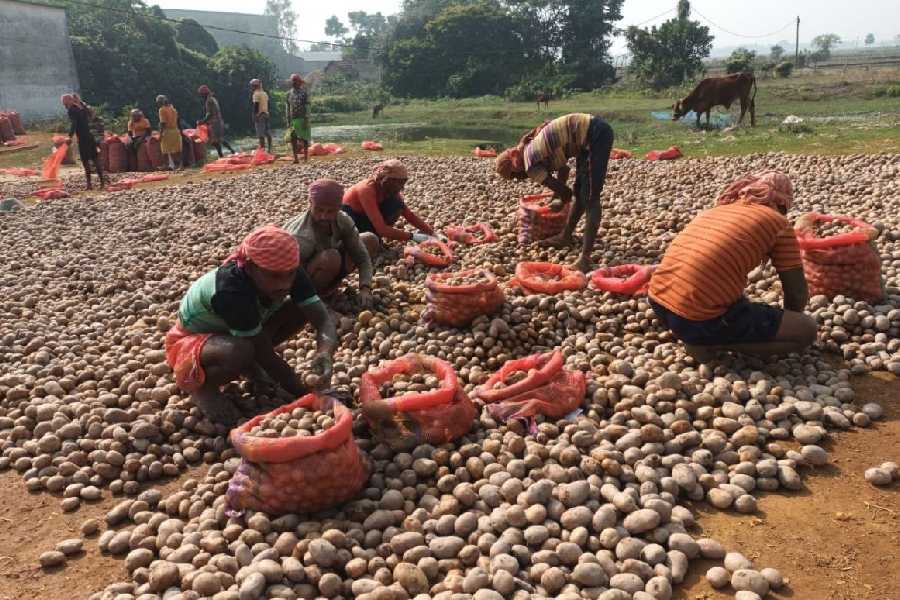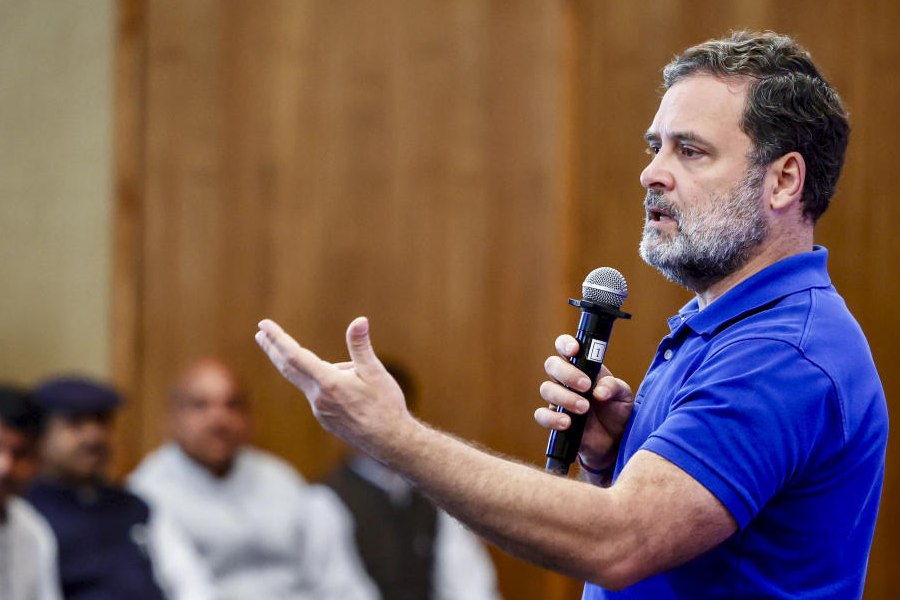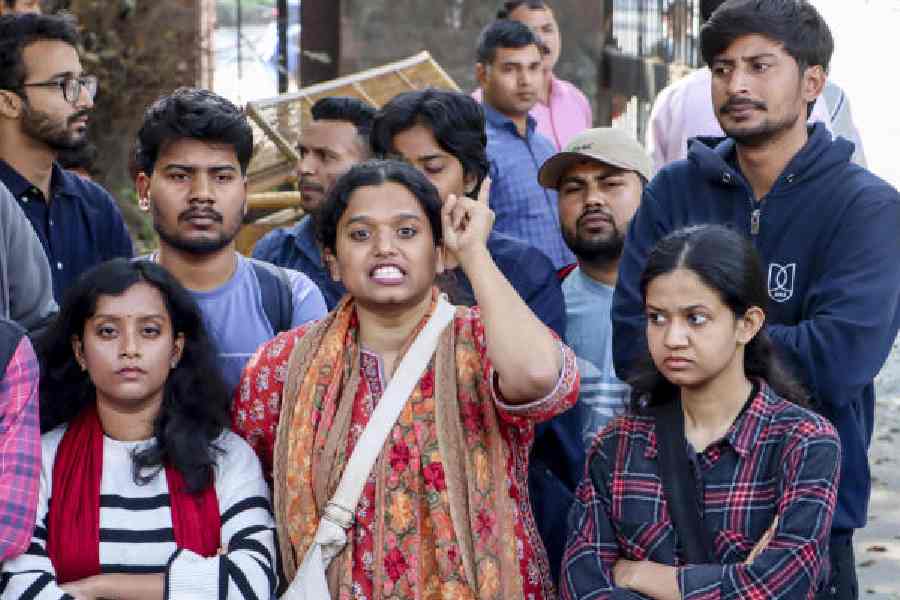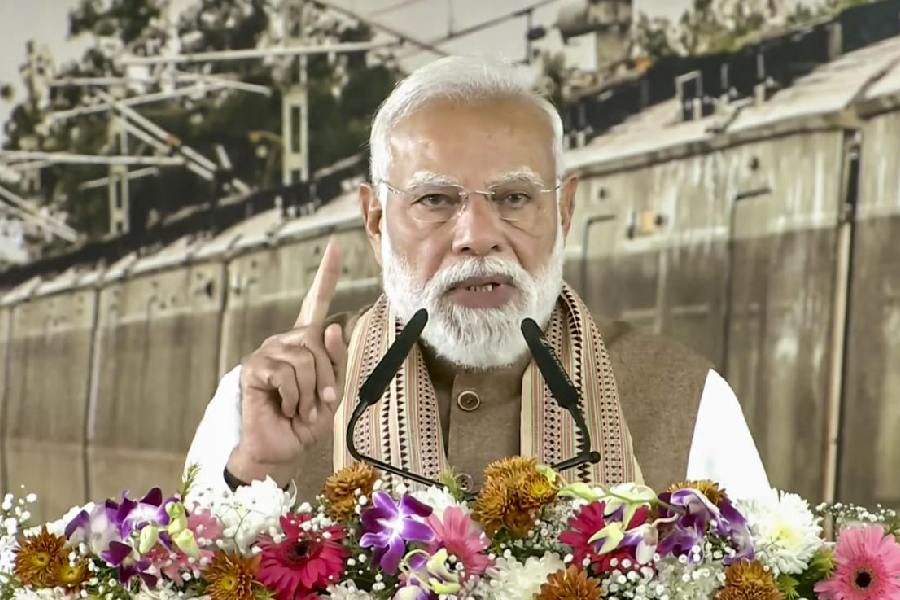The Mamata Banerjee government has decided to reserve 30 per cent space in cold stores across the state to enable small and marginal potato farmers to store their produce amid questions on whether the initiative will help the targeted cultivators who often can’t hold their crop for a longer period.
“Now, therefore, in exercise of powers conferred under Section 20C of the West Bengal Cold Storage (Licensing & Regulation) Act, 1966, the Governor is hereby pleased to allow the reservation of minimum 30% of the total potato cold storage space in the cold storages of this state under disposal of the District Magistrates till 20.03.2025 for the small and marginal farmers of the state,” reads an order issued by the secretary of the state agriculture marketing department.
A section of officials said the move to set aside 30 per cent of the space at the cold stores for small and marginal potato farmers was initiated after it was projected that there could be a bumper production in Bengal this year.
Sources said the expectation was that about 105 lakh tonnes of potato would be produced in the state this year against the average annual yield of 85 to 90 lakh tonnes. If surplus production is recorded, the price would be low initially and the small and marginal farmers could face trouble as the input cost went up significantly.
“Against the backdrop of this projection, the government tried to give a cushion to the small farmers by allowing them to store their produce for a few months and sell it when the price goes up,” said a source.
According to the order issued by the government, a farmer would be able to store a maximum of 35 quintals of potato. The farmers need to apply to the district magistrate, who would allow the space after required verifications and on a first-come-first-serve basis.
Bengal has 508 cold stores with an aggregate capacity of 82 lakh tonnes.
A section of officials, however, asked whether the small and marginal farmers would be able to reap the benefit of the initiative at all.
“The small farmers usually cannot hold back their produce for a longer period as they need money soon after harvesting. They need to run their families, reinvest in farming and, in some cases, need to repay loans. This is why small and marginal farmers sell off their produce from the fields themselves,” said an official.
The ruling establishment, sources said, was eager to save the interest of the small potato farmers as they hold the key to electoral success in districts like Hooghly, East Burdwan, West Midnapore and Birbhum.
“However, the best option would have been to announce a minimum support price, buy potatoes directly from farmers and store the produce in the reserved 30 per cent space in cold stores. This would have helped the farmers as they would have received a proper price for their produce. On the other hand, the government could have released the stock in the market when the rate of the produce increases to control the price rise,” said a bureaucrat.
He said it appeared that the production cost of a kilo of potato would be around ₹8 this year and if the government could announce an MSP of ₹13 to ₹14 a kg, the farmers would have benefited. The government could have released the produce to the market when the price of the produce would go beyond ₹20 a kg.
A senior bureaucrat said the cash-strapped government couldn’t buy about 30 per cent of the total potato produce right at this moment. “This option was discussed, but could not be initiated right at this moment as there is a crisis of funds,” said a source.










